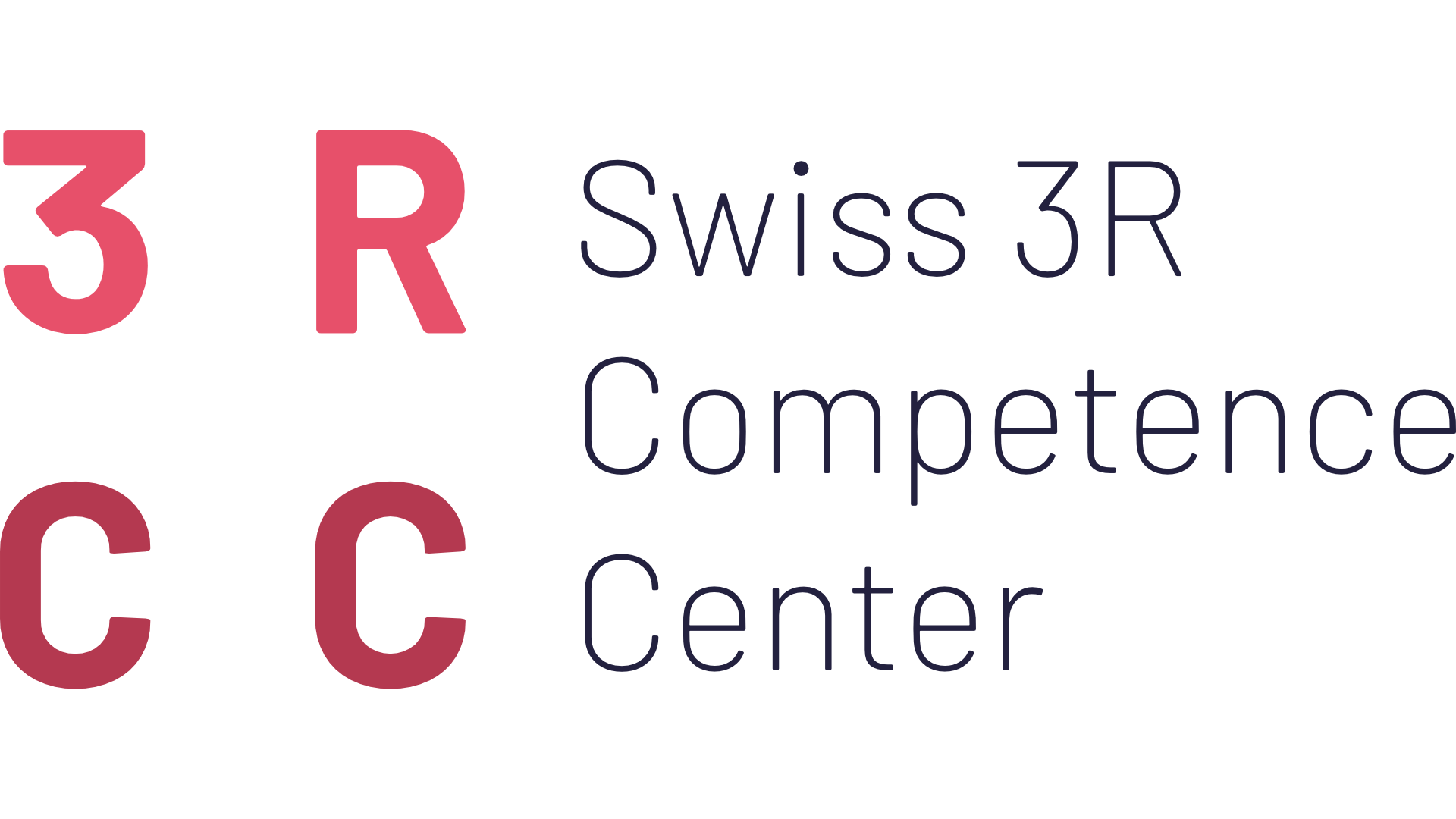The work of Prof. Guillaume Andrey in collaboration with the transgenic core facility of the UNIGE Faculty of Medicine makes a substantial contribution to the reduction of animal experiments by the adaptation and further development of a replacement method called tetraploid aggregation. Tetraploid aggregation is a method that avoids the necessity of breeding mice to get specific genetic configurations. Scientists studying development in mammals traditionally rely on crossing groups of mice with single genetic changes to obtain cells, embryos or animals with multiple genetic changes. Such crossings generate many animals and embryos with genotypes that may not be of use for experimentation, so-called surplus animals. The use of tetraploid aggregation in two recent publications (Rouco et al. 2021; Darbellay et al. 2023), has proved to reduce the animal use by a factor five compared to the traditional approaches.
Through this recognition, Prof. Andrey and his colleagues hope to serve as an example that encourages others in the Swiss research community to reduce animals used in developmental research and other studies requiring transgenic animals.
We met up with Guillaume to make this video series:
